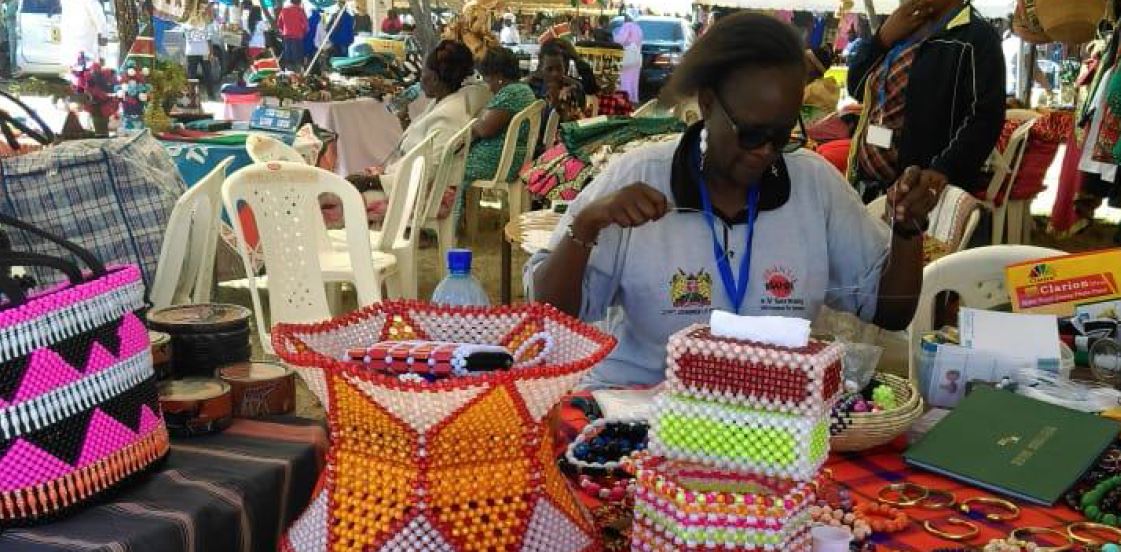×
The Standard e-Paper
Stay Informed, Even Offline

ELDORET, KENYA: Over 1,500 small and medium enterprises (SMEs) from the East African Community (EAC) Partner States have been urged to embrace e-commerce as a model of expanding their distribution channel.
This was revealed during the 19th EAC Juakali/Nguvu Kazi Exhibition that took place in Eldoret for a period of ten days.